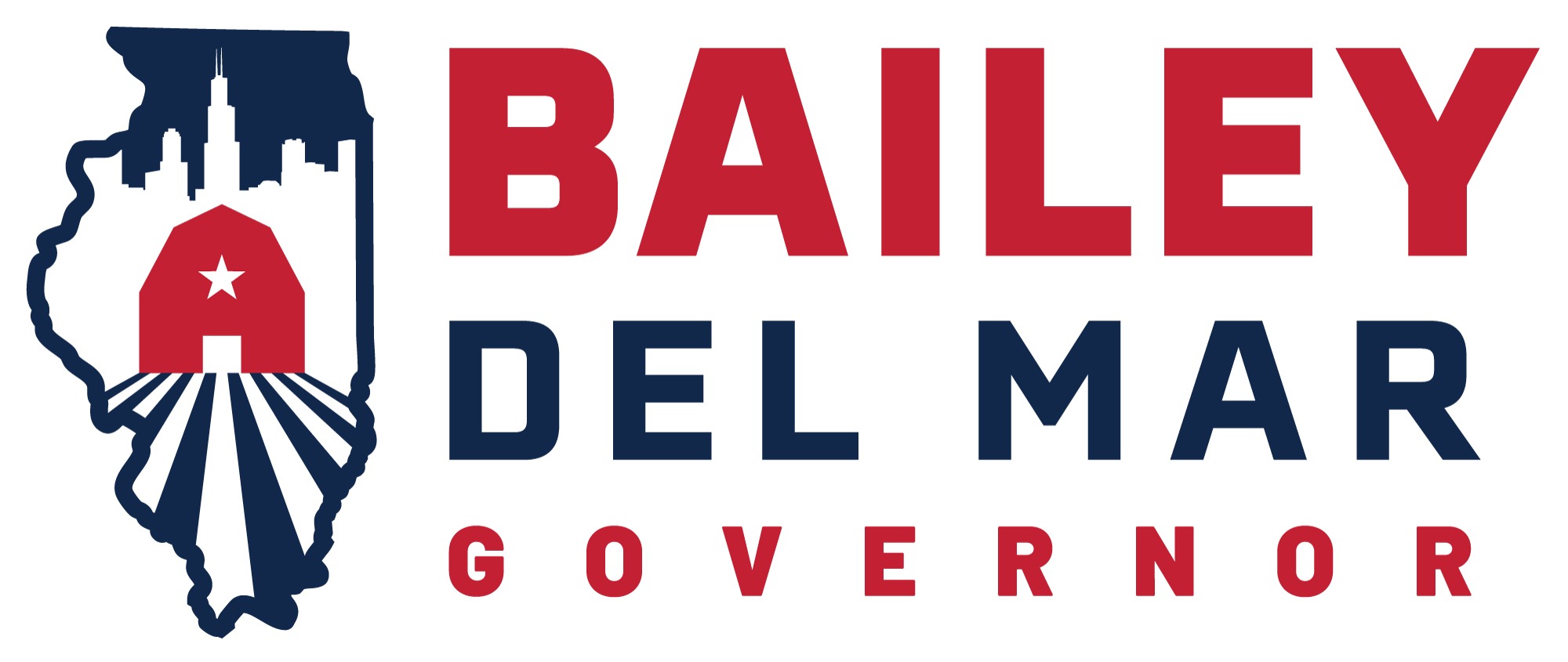GOP gubernatorial candidate State Sen. Darren Bailey (R-Xenia) is noting the state should stay away from California-style emissions testing.
Bailey is opposed to adopting certain regulations that he thinks are not in favor of Illinois, its economy and its people. A recent report that studied the impact of these policies was developed and released by ERM for Natural Resources Defense Council (NRDC) and the Union of Concerned Scientists.
“Illinois has the third most Interstate highway miles in the nation,” Bailey said in a statement. “We should be adopting policies that promote the trucking industry, not policies that hurt it. If Illinois were to adopt California-style emission policies, it would have a terrible impact in places like the Quad Cities where it would be easy for trucking companies to move their operations to Iowa. Trucking companies in Illinois are fearful of what might happen here because Gov. Pritzker has demonstrated time and time again that implementing radical policies is more important to him than addressing the real-world economic concerns of working people. As governor, my priority will be creating jobs, growing our economy, lowering taxes and reversing Pritzker’s harmful policies. I will put working families in Illinois first.”
The report assessed three policy scenarios that the State of Illinois could adopt, two of which are similar to California regulations such as requiring more numbers of new trucks to be zero-emission vehicles. The study supports a move to no- and low-emission trucks and buses in Illinois. Adopting the policies has worried Illinois truckers.
“Freight is a major part of the Chicago area economy, but air pollution caused by diesel emissions disproportionately harms black and Latino communities in the region,” José Acosta Córdova of the Little Village Environmental Justice Organization said, in reporting by The Center Square. “This report shows how the Advanced Clean Truck (ACT) rule and the NOx Omnibus rule will set Illinois on the path toward achieving zero-emission freight and mitigating the negative impacts of diesel-powered vehicles.”
Don Schaefer with Mid-West Truckers Association said the industry supports moving toward cleaner energy but not too quickly.
“Sooner or later we’re going to get to that point, but it’s not going to be overnight,” Schaefer said. “We’ve made great steps in the last couple of years, and it’s going to take a couple of years more to get to the point where we can have a zero-emissions fleet.”
As the report claims that more environmental regulations will create more clean energy jobs, Schaefer argues that having more policies similar to California will do otherwise.
“It’s across the board, the state economy would suffer immeasurably if we were to adopt some of these California regulations in Illinois,” he said.
According to the Illinois Policy Institute, the state’s economy is estimated to be “$31.4 billion smaller than it should be.”
“Population decline was already contributing to lower economic growth for Illinois when COVID-19 and government shutdowns piled on and the problems accelerated,” Orphe Divounguy, chief economist at the Illinois Policy Institute, said, The Center Square reported.
